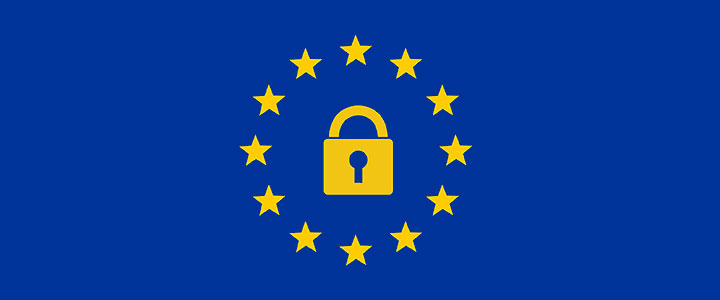The Espacio Fundación Telefónica, in Madrid, hosted the presentation of Telos magazine’s issue no. 125, entitled Digital Pact. The event opened with a speech by Luis Prendes, the host as general director of the Fundación Telefónica. After this, a brief debate was held, moderated by Juan Zafra, the magazine’s director. Among the speakers were Silvia Leal, a PhD in Sociology; Juan Luis Redondo, director of Public Policy at Telefónica; and Ana Caballero, vice president of the European Association for Digital Transition (EADT).
Read morePresentation of Telos magazine: We need values in digital governance











